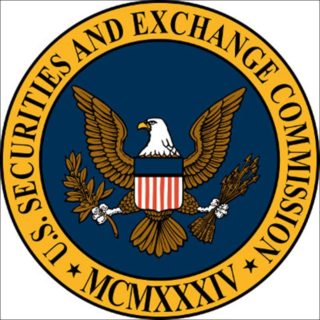
As readers of this blog know well, cybersecurity issues can be an important potential source of directors’ and officers’ liability risk exposure. In the following guest post, Arlene Levitin, Esq., takes a detailed look at the many ways that cybersecurity-related issues can translate into D&O liability risk and insurance concerns, particularly with advent of artificicial intelligence technology. Arelene is Claims Officer, Complex Management Liability, NAS Financial Lines Claims, Liberty Mutual Insurance. I would like to thank Arlene for allowing me to publish her article as a guest post on this site. Here is Arlene’s article.Continue Reading Guest Post: Cybersecurity Risks & the Potential Impact on D&O Insurance






